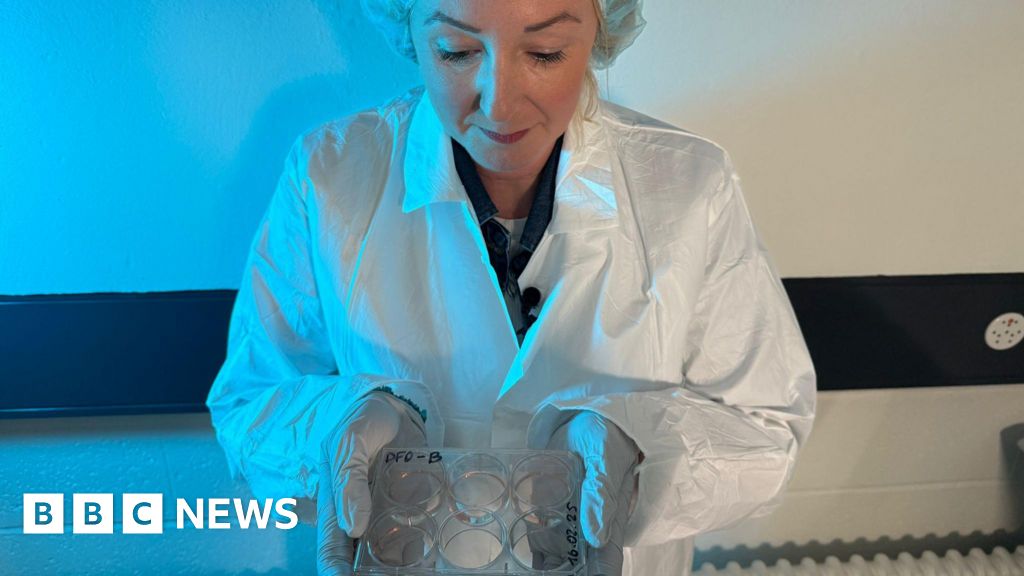
"It may have its roots in science fiction, but a small number of researchers are making real progress trying to create computers out of living cells. Welcome to the weird world of biocomputing. Among those leading the way are a group of scientists in Switzerland, who I went to meet. One day, they hope we could see data centres full of "living" servers which replicate aspects of how artificial intelligence (AI) learns - and could use a fraction of the energy of current methods."
"The somewhat eyebrow-raising term Dr Jordan and others in the field use to refer to what they are creating is "wetware". In simple terms, it involves creating neurons which are developed into clusters called organoids, which in turn can be attached to electrodes - at which point the process of trying to use them like mini-computers can begin. Dr Jordan acknowledges that, for many people, the very concept of biocomputing is probably a bit weird."
""In science fiction, people have been living with these ideas for quite a long time," he said. "When you start to say, 'I'm going to use a neuron like a little machine', it's a different view of our own brain and it makes you question what we are." For FinalSpark, the process begins with stem cells derived from human skin cells, which they buy from a clinic in Japan. The actual donors are anonymous. But, perhaps surprisingly, they're not short of offers."
A small number of researchers are creating computers from living cells by growing neurons into organoids and connecting them to electrodes to enable computational activity. A Swiss research lab envisions data centres of "living" servers that replicate aspects of AI learning while using a fraction of current energy. The process uses stem cells derived from human skin provided by official suppliers to ensure cell quality. Lab-grown organoids function as tiny neural clusters or mini-brains that researchers aim to treat as computational components. The concept raises ethical and perceptual questions because using neurons as machines challenges views of the brain.
Read at www.bbc.com
Unable to calculate read time
Collection
[
|
...
]